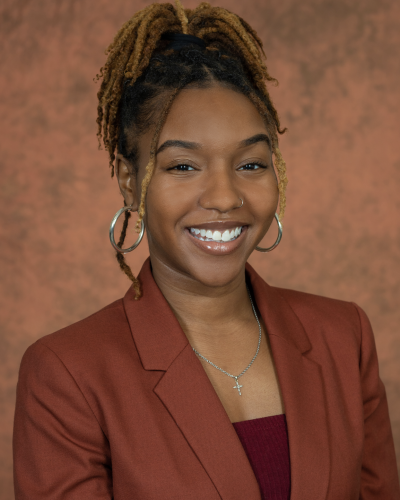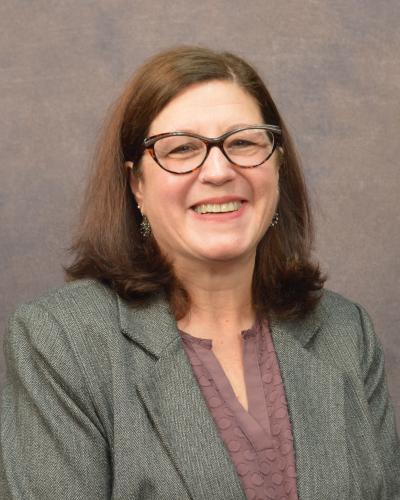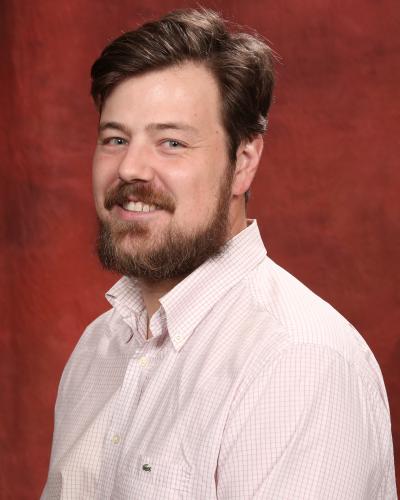Denisha Campbell, Ph.D. is a Postdoctoral Researcher at Florida State University in the Florida Center for Reading Research. Dr. Campbell supports Project 3 and the Engagement Core as a part of the Learning Disabilities Research Center grant funded by the National Institute of Child Health and Human Development. Dr. Campbell has research interests in educators’ use of culturally responsive practices, equitable assessment practices for minoritized students and the use of mixed methodology designs to address these areas. Dr. Campbell is also a Fulbright scholar and served as an English Teach Assistant in Uruguay.
Dr. Dennis is a former OSEP scholar and a recent graduate of FSU with a Ph.D. in Curriculum and Instruction focused in Special Education. She collaboratively studies reading interventions and curriculum using primarily qualitative and mixed methodologies. She is also supporting local research practice partnerships that include MTSS, Special Education, and coaching. Dr. Dennis values mentoring and supporting undergrads through programs such as UROP and providing guidance and coaching to grad students through collaborative research. Her primary research interests include behavior that impacts educational opportunities, the intersection of social validity/fidelity/MTSS, and how reading impacts and is impacted by behavior.
Erik Rawls received his MS and PhD in Educational Psychology from Florida State University. Erik currently works as postdoctoral scholar at the Florida Center for Reading Research supporting the Learning Disabilities Translational Science Collective. Erik has a deep interest in research methods, specifically in mixed methods research designs that engage community partners throughout the different stages of the research process. Erik's other research interests include researcher identity development, service-learning within research training contexts, literacy and social-emotional learning in culturally sustaining contexts, family engagement in education, and translational communication between researchers and non-scientific audiences.




